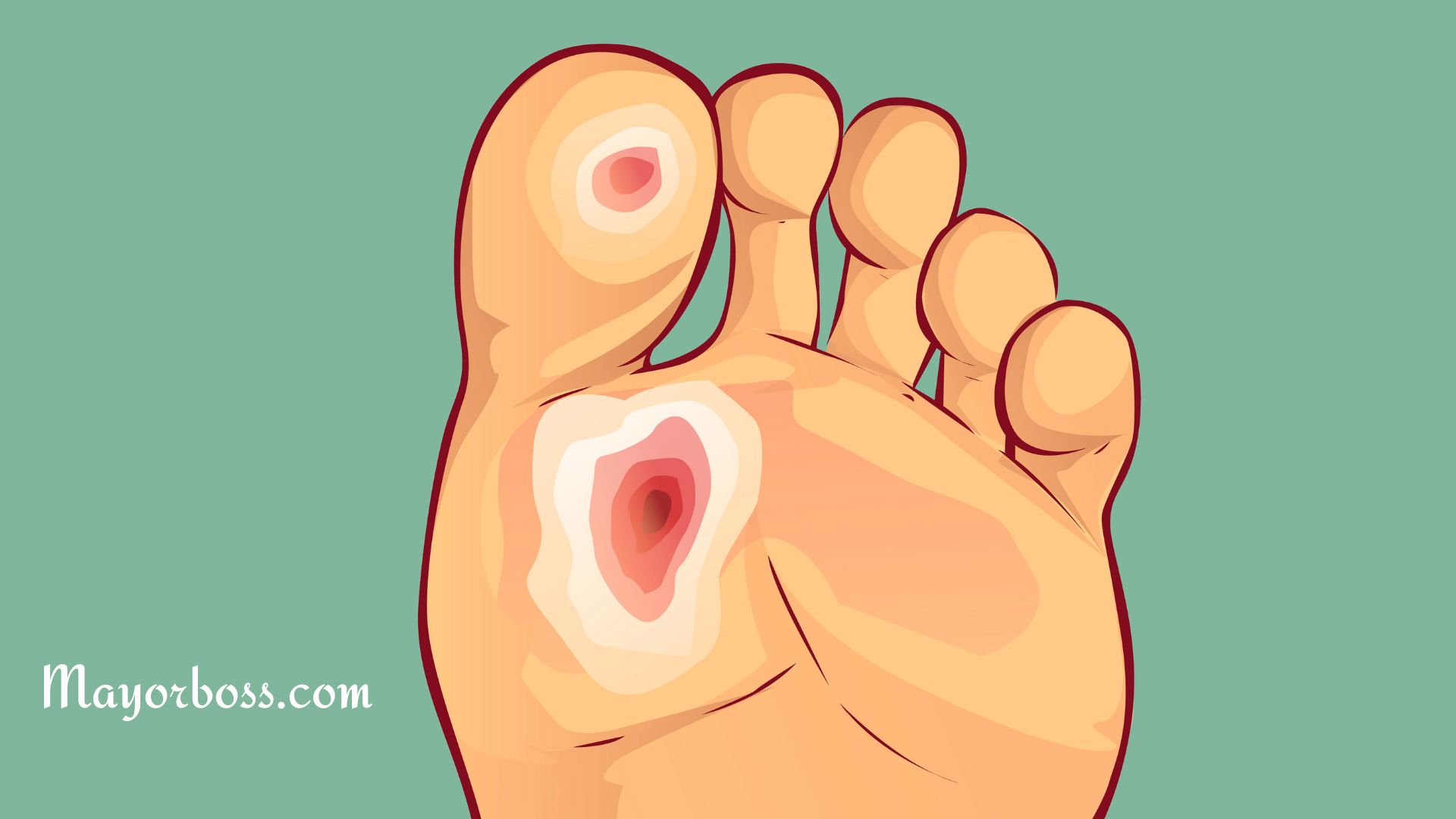How to Lower Blood Sugar
How to Lower Blood Sugar
If you’re looking for ways to lower your blood sugar levels, you’ve come to the right place. High blood sugar, or hyperglycemia, can lead to a range of health issues if left untreated. Thankfully, there are several steps you can take to get your levels back in check.

To lower blood sugar levels, doctors recommend the following tips:
- Exercise regularly. Regular physical activity is one of the most effective and consistent ways to maintain healthy blood sugar levels. Aim for at least 30 minutes of moderate aerobic exercise on most days of the week.
- Drink plenty of water. Staying hydrated will help flush out toxins from the body, including excess glucose from the bloodstream. Opt for water instead of sugary drinks like soda and juice.
- Eat low-GI foods. Foods with a low glycemic index (GI) tend to be digested more slowly, which helps regulate blood sugar levels better than high-GI foods like refined carbs and sugary snacks. In other words, eating meals that contain mostly low-GI foods is an excellent way to keep your glucose levels in check.
- Monitor your daily meals. Keeping a food journal is one of the best ways to determine what triggers rapid fluctuations in your blood sugar levels after meals. Note down what you eat throughout the day to identify any problematic foods or ingredients that could be causing an issue with your blood sugar levels.
- Reduce processed foods and added sugars from your diet. Foods like chips, snacks, pastries, sugary drinks, and candy should be limited as much as possible to help reduce blood sugar spikes caused by their high glycemic index values.
- Eat a diet rich in fiber. Fiber helps slow down the absorption of carbohydrates and sugars into the bloodstream, thus helping to keep blood sugar levels more stable. Try adding more whole grains, legumes, fruits, and vegetables to your daily meals.
- Avoid refined carbohydrates. You should avoid refined carbohydrates like white bread, pasta, and rice because they have been stripped of essential vitamins and minerals needed for proper digestion, which can lead to drastic spikes in blood sugar levels when consumed in large amounts regularly.
- Reduce stress levels: Stress has been linked to an increase in cortisol, which can cause spikes in blood sugar levels if left unchecked for too long. Taking time for yourself each day, even just 5-10 minutes, can go a long way towards helping reduce stress levels and keeping blood sugar in check as a result!
- Lose weight if needed. Being overweight or obese can make it harder for your body to process insulin efficiently. So losing even a few pounds can have beneficial effects on blood sugar levels.
- Monitor blood glucose levels: A great way to make sure that your blood sugar remains stable is by regularly testing your glucose levels. Use a home blood glucose monitoring device or strips purchased from the pharmacy or drug store.
- Take prescribed medications properly: If your doctor has given you medicine to help with diabetes or other conditions related to high blood sugar levels, you must follow your doctor’s instructions for taking this medication on time and properly. This will help lower your blood sugar levels effectively.
If you still find your blood sugar levels too high after following these tips, contact your doctor as soon as possible to discuss other treatment choices. Remember, it’s always better to catch hyperglycemia early on before any serious complications occur! Good luck!
Learn more: Symptoms of Low Blood Sugar






